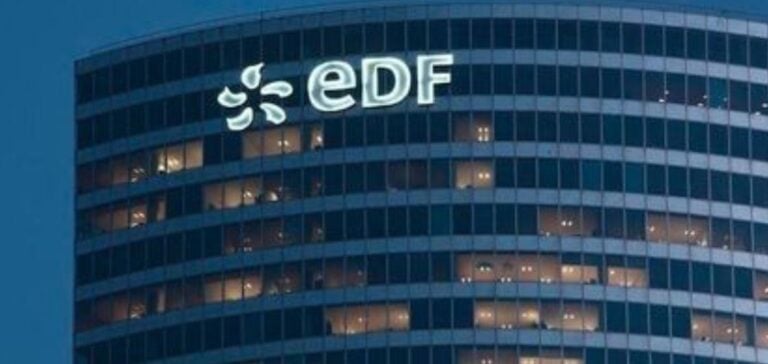Henri Proglio, CEO of EDF from 2009 to 2014, is accused of favoritism for concluding 44 consulting contracts without competitive bidding, for a total of 22 million euros. The PNF (National Financial Prosecutor’s Office) considers that these contracts should have been put out to tender. These contracts, remunerating various consultants for “communications consultancy”, “risk management” or “lobbying” assignments, were concluded by mutual agreement.
Proglio’s defense
Proglio said that the amounts in question were negligible compared with the company’s revenues, which ran into the hundreds of billions. He maintained that when he arrived at EDF, he had sought to strengthen the probity of consulting contracts and reduce their number. He had asked a colleague to write a note to frame the process, recommending bypassing the purchasing department and choosing consultants for their reputation.
Contested contracts
One of the contested contracts concerns Claude Allègre, who was paid 336,000 euros for pro-nuclear lobbying. Proglio justified this choice by Allègre’s reputation and credibility in the nuclear field. The prosecutor retorted that the law requires a call for tenders to check whether other people have the required skills.
The Benedetti affair
Another controversial contract involves Alessandro Benedetti, who was paid 4 million euros for helping EDF to buy Italian utility Edison. Proglio explained that Benedetti was essential for his knowledge of the case and his connections in Italy, adding that calling in an investment bank would have cost 160 million euros.
Suspected cover-ups
The president of the court, Benjamin Blanchet, questioned Proglio about the possible concealment of certain contracts, particularly those relating to sensitive missions such as his chances of being reappointed. Proglio denied any attempt at concealment, claiming that he had sought to hide nothing.
Controversial memo
A memo found at the home of Anne Méaux, head of the communications agency Image7, suggests that the consultants were recruited to promote Proglio’s personal interests. It also mentions that a journalist was paid by EDF to bury a book about Rachida Dati. Proglio called the allegations “nonsense” and “a load of rubbish”.
The trial, which runs until May 30, will also hear evidence from 11 people accused of receiving more than 400,000 euros in aid for favouritism. Proglio, who faces two years in prison and a 200,000 euro fine, continues to claim his innocence.






















